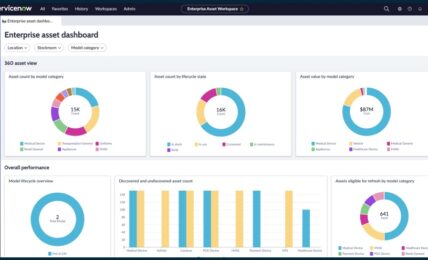Honda announced that it plans to build a comprehensive EV value chain in Ontario, Canada, aimed at strengthening its EV supply system and capability to prepare for a future increase in EV demand in North America. The company said that it will stive to establish an EV value chain in Canada that includes that ranges from the procurement of raw materials for batteries, to the production of finished EVs.
According to the company, the initiative will include an approximate investment of CAD$15 billion (USD$11 billion), including investment by joint venture partners.
Jean Marc Leclerc, President and CEO of Honda Canada, said:
“Today’s announcement is a historic investment by a manufacturer in the Canadian auto industry. It proudly honours the highly skilled associates who have earned a global reputation for manufacturing excellence and represents Honda’s recognition of the long-term attractiveness of the Canadian electric vehicle manufacturing ecosystem.”
The announcement follows Honda’s launch in 2021 of aggressive electrification plans for its vehicle fleet, including goals to make battery-electric and fuel cell electric vehicles represent 100% of its vehicle sales by 2040, progressing from sales of 40% by 2030 and 80% by 2035 in all major markets, including North America. In 2022, Honda announced a series of investments in the U.S. to support its electrification goals, including $700 million to re-tool several of its existing auto and powertrain plants for EV production, and last year the company launched a joint venture with LG Energy Solution to mass produce lithium-ion batteries, with plans to build a $3.5 billion plant in Ohio.
According to Honda, the company has begun evaluating the requirements to build an innovative and environmentally responsible Honda EV plant and a stand-alone Honda EV battery plant in Alliston, Ontario, and the proposed value chain will also include a cathode active material and precursor (CAM/pCAM) processing plant through a joint venture partnership with POSCO Future M Co., Ltd. and a separator plant through a joint venture partnership with Asahi Kasei Corporation in additional Ontario communities, with announcements to follow.
The company added that it expects that electric vehicle production will begin in 2028, with the EV plant having a production capacity of 240,000 EVs per year once fully operational, and that the EV battery plant will have a capacity of 36 GWh per year. Honda said that it has started the process of evaluating the scope of its investment and completing negotiations with its joint venture partners, with the work expected to be finalized during the next six months.
Toshihiro Mibe, Global CEO of Honda said:
“Honda is making progress in our global initiatives toward the realization of our 2050 carbon neutrality goal. In North America, following the initiative to establish our EV production system capability in the U.S., we will now begin formal discussions toward the establishment of a comprehensive EV value chain here in Canada, with the support of the governments of Canada and Ontario. We will strengthen our EV supply system and capability with an eye toward a future increase in EV demand in North America.”
Honda said that it is collaborating with the governments of Canada and Ontario, including accessing performance-based initiatives available through the federal government’s new Investment Tax Credits and provincial direct and indirect incentives.


